What Countries Does Queen Elizabeth II Rule?
Advertisement
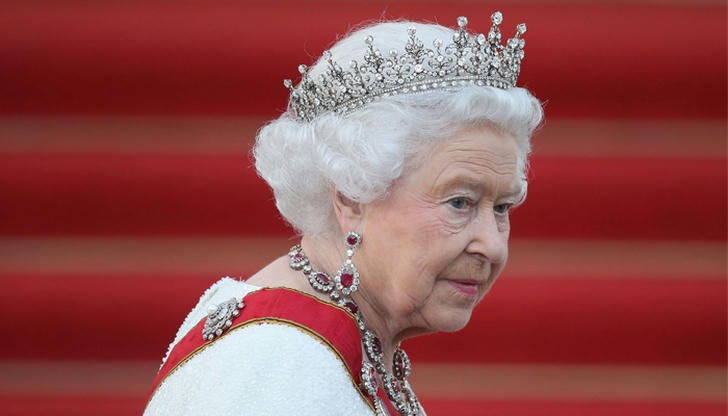
Actually, Queen Elizabeth II has reigned over 15 countries including the United Kingdom since she became Queen in 1952. Although her rule is mostly symbolic, she holds a special place in the hearts of the citizens of these countries. From the bustling cities of the United Kingdom to the tropical paradise of Belize, Queen Elizabeth II is an integral part of each country's culture and heritage. Here we will give you some brief introductions of 7 of what countries that Queen Elizabeth II rules.
1. Belize
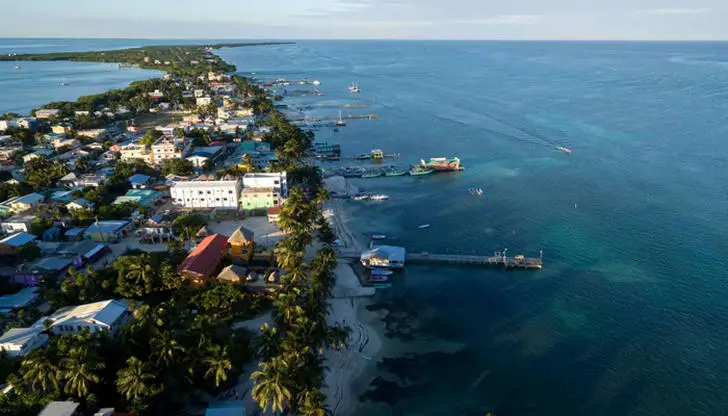
Belize has been under Queen Elizabeth II's rule since 1981, when it gained independence from the United Kingdom, and she is fondly referred to as the Queen of Belize. Belizeans show their profound and unswerving loyalty to the Queen in many different ways, from flying the Union Jack on special occasions to singing the National Anthem. The people of Belize are incredibly proud of the Queen, and they look up to her as an example of strength, dignity, and courage. Every year, the Queen sends a message of goodwill to Belize on the occasion of their independence day, and people of Belize cherish this message.
2. Antigua and Barbuda
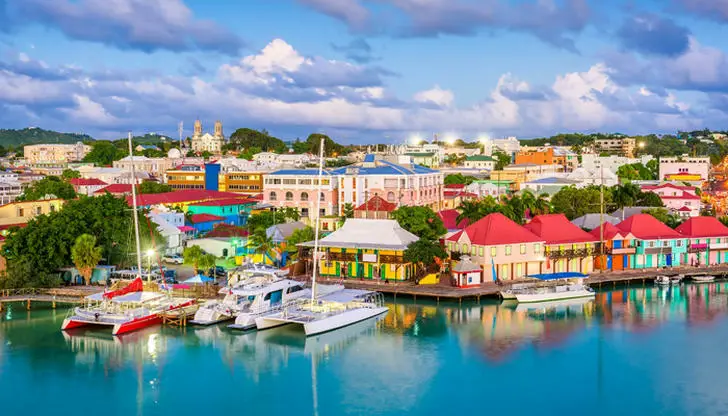
The Queen's influence in Antigua and Barbuda can be seen in its vibrant tourism industry, robust educational system, and booming economy. She has championed the causes of education, health, and poverty, and has strived to keep her people informed and engaged in the political process. Her presence in the nation has helped to bring a sense of stability and confidence to the people. Queen Elizabeth II has set an example of what a leader should be, and her dedication to Antigua and Barbuda will not be forgotten.
3. Barbados

When Queen Elizabeth II visited Barbados in 1966, it was a huge deal. Her presence brought a sense of pride to the population and demonstrated the importance of the Caribbean nation to the Commonwealth. The Queen was a major part of the country's independence celebrations in 1966, and she granted the nation its own Governor General to take over the role of representing the monarchy in their region. Her majesty has also helped to promote tourism in the country, which has been another major benefit to the economy.
4. Saint Kitts and Nevis
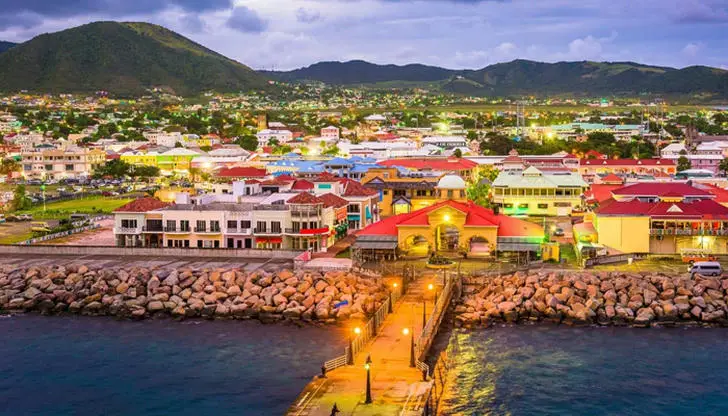
As Head of State, the Queen is responsible for representing the countries she rules and upholding their laws. Her official duties include hosting state visits, attending religious ceremonies, opening parliaments, and awarding honours. The Queen also acts as a symbol of loyalty and national pride, and her portrait is displayed in many public places. Of course, the Queen is not the only figurehead of St. Kitts and Nevis — the Prime Minister is the leader of the government, and the Governor-General carries out the Queen's duties when she is away.
5. Tuvalu
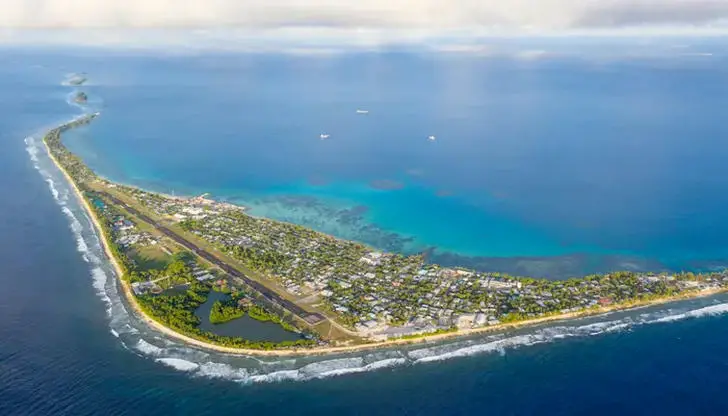
Despite being a tiny island nation, Tuvalu has been loyal to the Queen and her rule for decades. In fact, the small island's flag is a tribute to her, featuring the blue and white of the Union Jack, as well as the Tuvalu crest, which is a crown with four stars. The Tuvaluans are fiercely proud of their connection to the Queen and her rule, and they have shown their support in multiple ways. From visiting her on tours of the region to hosting special events in her honor, Queen Elizabeth II has been embraced by the Tuvaluans.
6. Grenada
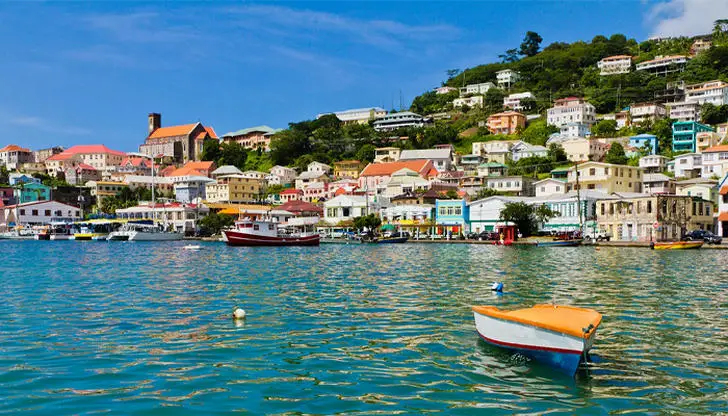
Queen Elizabeth II is an incredible monarch and the longest reigning Queen of Grenada. Her reign has seen the country make leaps and bounds in terms of education, healthcare, and infrastructure - all of which has resulted in improved quality of life for Grenadians. She has also been a champion of civil rights, and has led the country towards a more equal and just society. Under her rule, Grenada has seen economic growth, strengthened international relationships, and a renewed sense of national identity. With her dedication and insight into the needs of her people, Queen Elizabeth II has been an exemplary leader.
7. The Bahamas
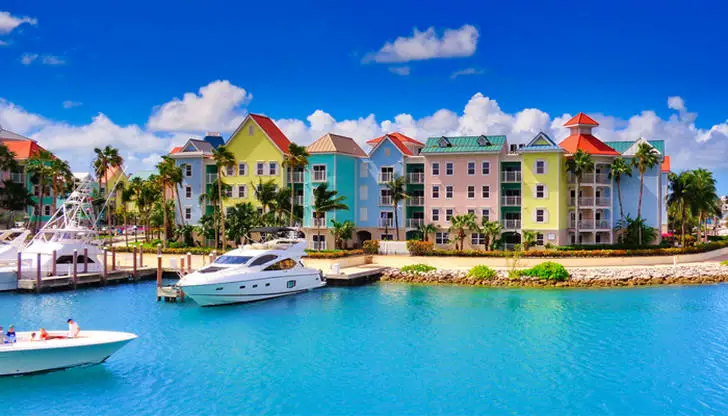
Queen Elizabeth II has been an integral part of The Bahamas since the early 1960s. She has attended state visits, opened new embassies, and even granted Bahamian independence in 1973. She has also been a champion of human rights, working to ensure that everyone in the country has access to justice and education. The Queen is a symbol of the strong bond between The Bahamas and the United Kingdom. Her dedication to the country has been remarkable, and she continues to be an important figure in The Bahamas today.



